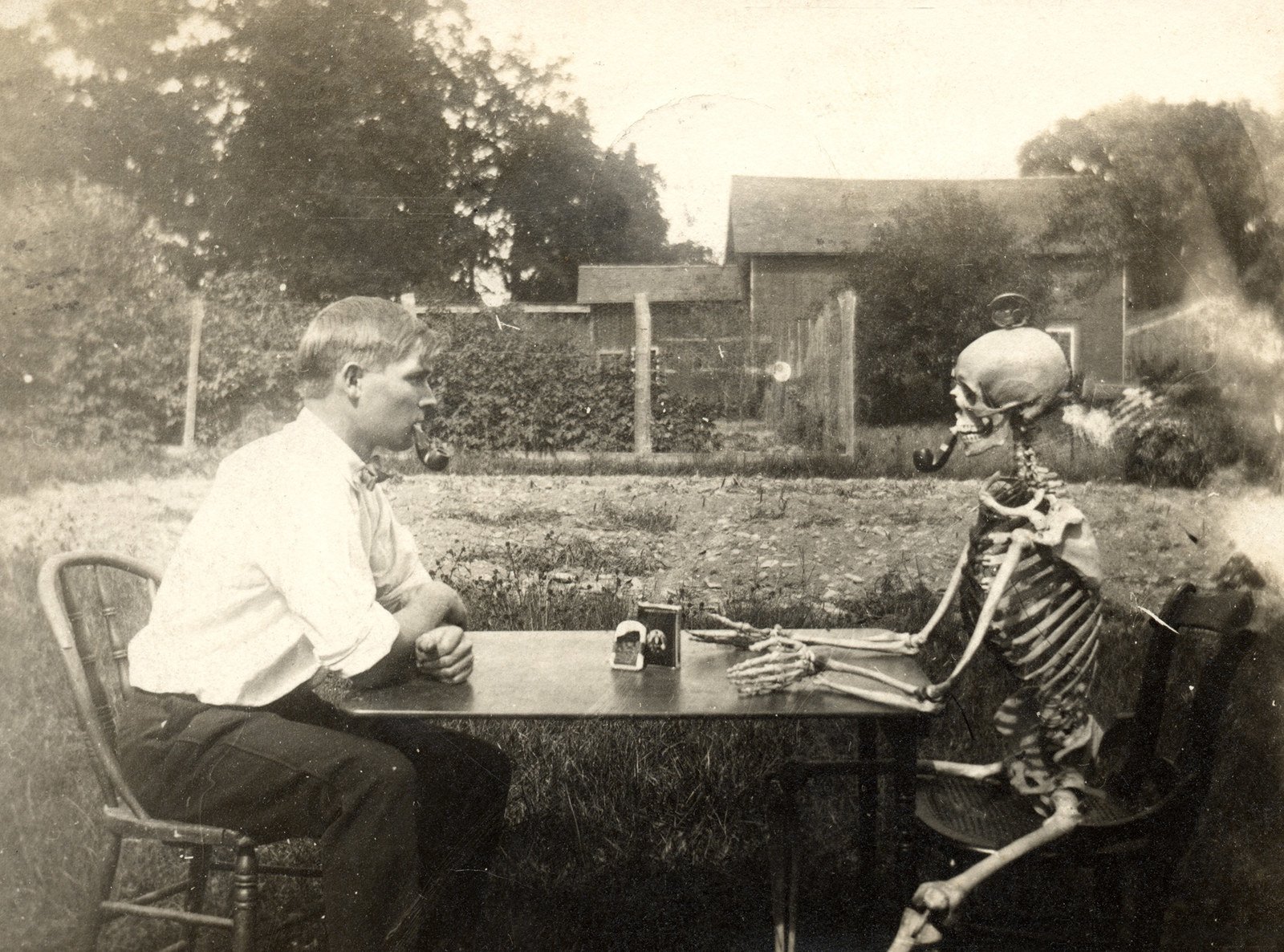PAST CLASS Ernest Becker’s Pulitzer Prize Winning "The Denial of Death" Reading and Discussion Group with John Troyer, PhD, Begins June 10


PAST CLASS Ernest Becker’s Pulitzer Prize Winning "The Denial of Death" Reading and Discussion Group with John Troyer, PhD, Begins June 10
Taught online via Zoom
Saturdays, June 10 – July 15
2 – 3:30 pm ET
Admission: $100 Patreon Members / $125 General Admission
Easily available for purchase online; PDF available here
PLEASE NOTE: Classes will be recorded and archived for students who cannot make that time
Winner of the Pulitzer prize in 1974, The Denial of Death was American cultural anthropologist Ernest Becker’s attempt to develop a unified theory of human behavior. He argued that it was our capacity to grasp and contemplate our own mortality–and our need to suppress this knowledge–that was at the root of human culture and behavior, from genocide to altruism, religion to philosophy.
The Denial of Death was an unlikely phenomena in its time, even appearing in Woody Allen’s classic film Annie Hall. Its legacy has been immense, impacting the humanities and the way we think about death awareness today. It also left its mark in the social sciences, where it inspired what is called Terror Management Theory (TMT), a much-contested psychological theory developed by social psychologists interested in testing Becker’s assertions about death as a core motivator of human behavior.
In this six week reading group—led by Dr John Troyer, Death Studies Scholar-at-Large and Former Director of the Centre for Death and Society at the University of Bath—we will engage in a close reading of Becker’s seminal book, which this year is celebrating its 50th aniversary. We will situate it within the life history of the author, a Jewish American whose infantry group helped liberate a Nazi concentration camp. We also will examine the book as part of its cultural milieu, comparing it to similar titles published around the same time, and investigate its legacy in the humanities, the social sciences, the positive death movement, and more.
SCHEDULE/TABLE OF CONTENTS
Week One (June 10):
Preface
Chapter One: Introduction: Human Nature and the Heroic
PART I: THE DEPTH PSYCHOLOGY OF HEROISM
Chapter Two: The Terror of Death
Chapter Three: The Recasting of Some Basic Psychoanalytic Ideas
Week Two (June 17):
Chapter Four: Human Character as a Vital Lie
Chapter Five: The Psychoanalyst Kierkegaard
Week Three (June 24)
Chapter Six: The Problem of Freud's Character, Noch Einmal
PART II: THE FAILURES OF HEROISM
Chapter Seven: The Spell Cast by Persons - The Nexus of Unfreedom
Week Four (July 1)
Chapter Eight: Otto Rank and the Closure of Psychoanalysis on Kierkegaard
Chapter Nine: The Present Outcome of Psychoanalysis
Week Five (July 8)
Chapter Ten: A General View of Mental Illness
Week Six (July 15)
PART III: RETROSPECT AND CONCLUSION: THE DILEMMAS OF HEROISM
Chapter Eleven: Psychology and Religion: What Is the Heroic Individual?
Dr. John Troyer is the Death Studies Scholar-at-Large at the Centre for Death and Society at the University of Bath. His interdisciplinary research focuses on contemporary memorialization practices, concepts of spatial historiography, and the dead body’s relationship with technology. Dr. Troyer is also a theatre director and installation artist with extensive experience in site-specific performance across the United States and Europe. He is a co-founder of the Death Reference Desk website (@DeathRef) and a frequent commentator for the BBC. His most recent book, Technologies of the Human Corpse, was published by MIT Press in 2020.
Image: Self-Portrait with Death Playing the Fiddle, Arnold Böcklin, 1872
